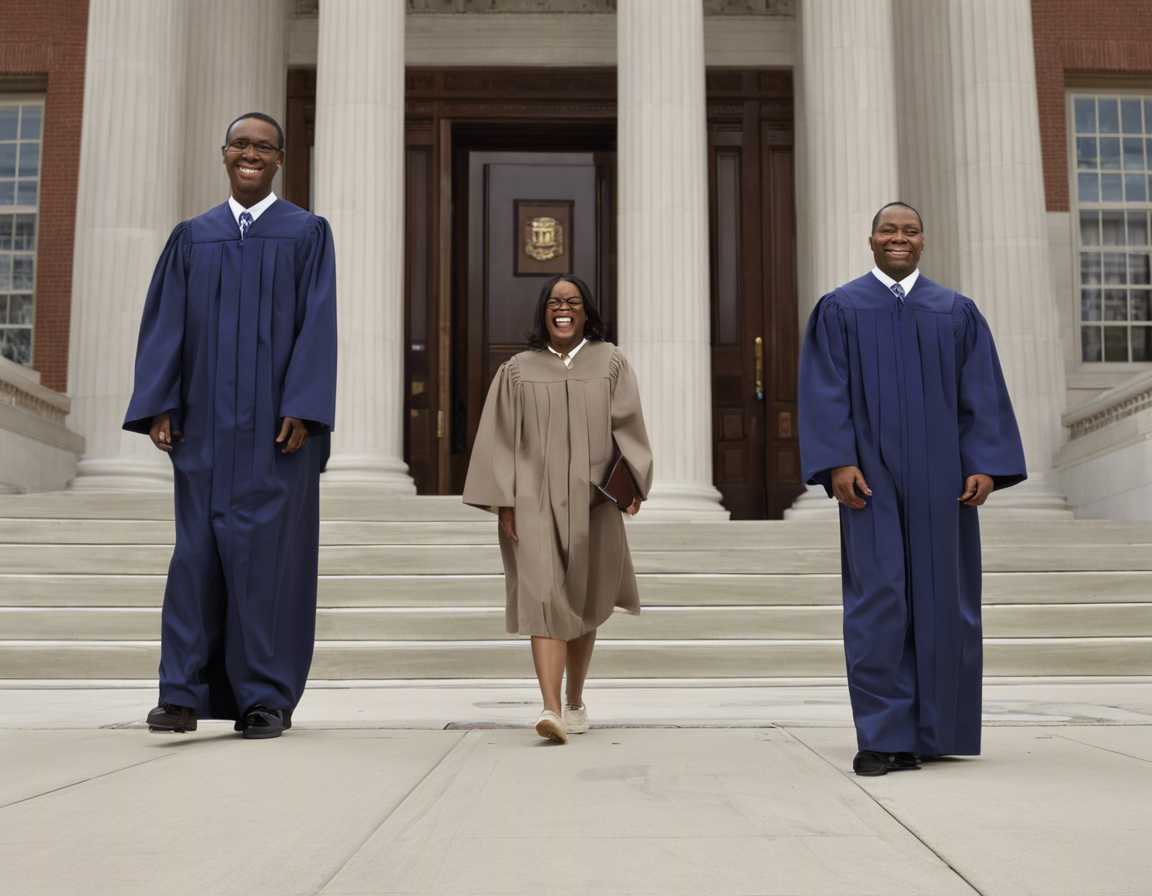The Supreme Court plays a pivotal role in shaping policies that affect various aspects of society, including higher education. One of the most content
The Supreme Court plays a pivotal role in shaping policies that affect various aspects of society, including higher education. One of the most contentious issues that the Supreme Court has grappled with is the use of race in college admissions. Affirmative action policies, which take race into account as one factor among many in the college admissions process, have been the subject of numerous legal challenges over the years. In this article, we will explore the Supreme Court’s impact on race in college admissions, examining key cases, arguments for and against affirmative action, and the current state of affairs.
Background on Affirmative Action
Affirmative action policies were introduced in the 1960s as a means to address historical discrimination and promote diversity and inclusion in various spheres, including education. These policies aim to level the playing field for historically marginalized groups, such as African Americans, Latinos, and Native Americans, by considering factors like race and ethnicity in the admissions process.
Key Supreme Court Cases
Over the years, the Supreme Court has issued several landmark decisions on the use of race in college admissions. One of the most significant cases is Grutter v. Bollinger (2003), in which the Court upheld the University of Michigan Law School’s affirmative action program. The Court ruled that diversity in higher education is a compelling state interest that can justify the consideration of race in admissions.
However, the Supreme Court has also placed limits on the use of race in admissions. In Fisher v. University of Texas (2016), the Court reaffirmed that universities must demonstrate that no workable race-neutral alternatives could achieve the same diversity goals before considering race in admissions.
Arguments for and Against Affirmative Action
Supporters of affirmative action argue that it is a necessary tool to address systemic inequality and promote a diverse learning environment. They contend that considering race in admissions helps to break down barriers that have historically prevented marginalized groups from accessing higher education.
On the other hand, opponents of affirmative action argue that it amounts to reverse discrimination and violates the principle of equal treatment. They believe that merit should be the sole criterion for admission to colleges and universities, and that considering race is inherently discriminatory.
Current Landscape
The current landscape of affirmative action in college admissions is complex and varied. While the Supreme Court has upheld the use of race as a factor in admissions in certain circumstances, the legal framework is constantly evolving. With changing jurisdictions and court compositions, the future of affirmative action remains uncertain.
Challenges and Opportunities
As colleges and universities navigate the legal and social complexities of affirmative action, they face a range of challenges and opportunities. Developing holistic review processes that consider a wide range of factors beyond just academics can help promote diversity without over-relying on race. Moreover, investing in pipeline programs and outreach efforts to support underrepresented students can help address inequities in the education system.
Conclusion
In conclusion, the Supreme Court’s impact on race in college admissions is profound and far-reaching. By shaping the legal landscape surrounding affirmative action, the Court influences how institutions of higher education approach diversity and inclusion. As the debate over the role of race in admissions continues, it is important to consider the complexities and nuances of this issue to ensure that all students have equal access to opportunities in higher education.
Frequently Asked Questions (FAQs)
1. Is affirmative action still legal in college admissions?
– Yes, affirmative action is still legal in college admissions, but there are limitations and conditions set by the Supreme Court.
2. How does affirmative action benefit college campuses?
– Affirmative action helps colleges achieve diversity and inclusion by considering race as one factor among many in the admissions process.
3. Does affirmative action guarantee admission based on race?
– No, affirmative action does not guarantee admission based on race. It is one factor among many considered in a holistic review process.
4. What are some alternatives to affirmative action in college admissions?
– Alternatives to affirmative action include class-based affirmative action, talent-based admissions, and outreach programs to support underrepresented groups.
5. How can colleges promote diversity without affirmative action?
– Colleges can promote diversity through outreach programs, mentoring initiatives, and community partnerships that support a diverse student body.


COMMENTS